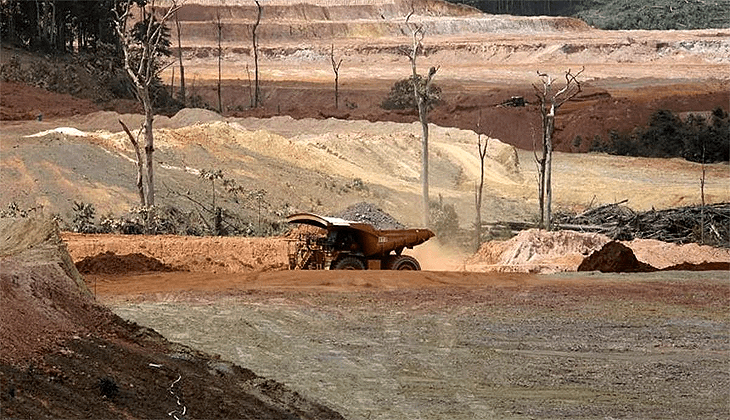Canadian mining giant Barrick Gold has voiced strong opposition to a move by Mali’s ruling military government to place its flagship gold mining operations under temporary state control amid an ongoing dispute over revenue and taxation.
In a statement released Monday, Barrick rejected the Malian government’s request for a court-appointed administrator to take over day-to-day operations at the Loulo-Gounkoto mining complex in western Mali. The site, which is among the world’s largest gold deposits, is 80 percent owned by Barrick, with the Malian state holding the remaining 20 percent.
The legal request was filed with Bamako’s commercial court on May 8, with a decision expected by June 2. The move comes as tensions escalate between Barrick and Mali’s military junta, which has increased pressure on foreign mining firms following amendments to the country’s mining code last year.
At the heart of the dispute is the junta’s demand for a larger share of profits from gold extraction, especially at Loulo-Gounkoto. The government recently accused Barrick of owing hundreds of millions of dollars in unpaid taxes, resulting in the temporary closure of the company’s offices in Bamako and the detention of four Malian employees in late 2023.
Barrick condemned the government’s actions as legally unfounded and said the attempt to seize operational control marked an “unprecedented escalation,” noting that authorities had already seized three tonnes of gold from the site earlier this year.
Located near Mali’s western border with Senegal, Loulo-Gounkoto has been in operation for nearly two decades, with underground gold production beginning in 2011. The mine includes open-pit operations and is estimated to hold over seven million ounces of gold.
According to industry sources, the mine contributed approximately \$1 billion to Mali’s economy in 2023. Gold is a critical sector for the country, accounting for three-quarters of its export revenues and around a quarter of the national budget.
Mali, one of Africa’s top gold producers, is facing mounting economic pressures and ongoing security challenges, further intensifying debates over how mineral wealth is managed and shared.



